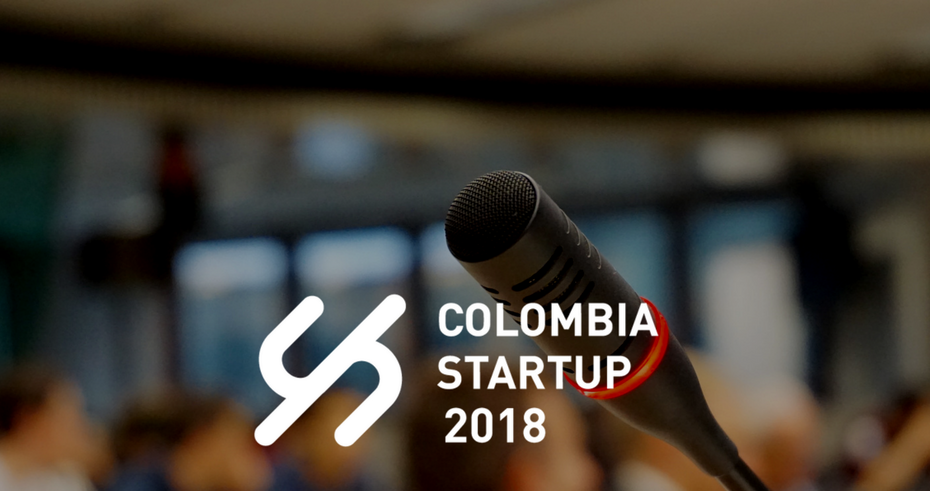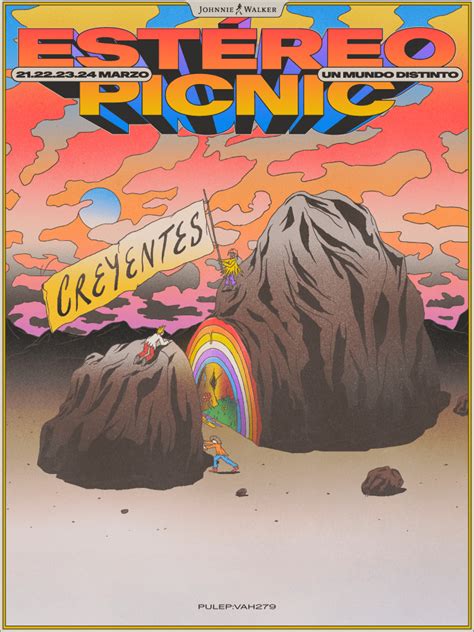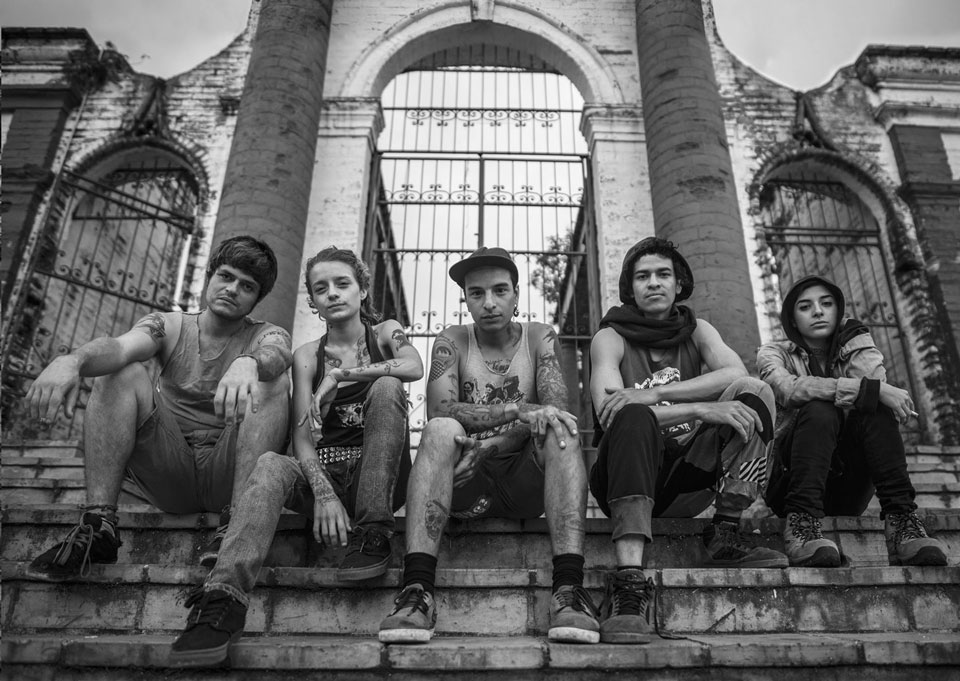
3/5 stars
Norwegian director Erik Poppe presents a fictional narrative that aims to depict a deadly act of domestic terrorism and the young lives it changed.
The opening sequence of Utøya: July 22 sets the stage briefly through documentary footage of Oslo, Norway from that afternoon in 2011, when government buildings were targeted by a right-wing extremist’s car bombing.
This is followed by a play-like aside featuring the film’s 18-year-old protagonist Kaja (Andrea Berntzen), foreshadowing the massacre that would take place hours later on the nearby island of Utøya. The attacker would, in police uniform, shoot and kill 69 people at a youth summer camp, injuring many others physically and psychologically.
Related: Ten must-see Colombian films
The film is a fictionalised account of the events on the island, its script is based on conversations with survivors. Preferring long, close shots filling the frame with emotional intensity, the film’s strength lies in its somewhat unusual aesthetic — somewhere between a stage play, dystopian novel, and war documentary. The remarkable final sequence of the shooting consists of a single take in real time, told entirely from the youths’ perspective.
Kaja, who shows strength of character while searching for her younger sister on the island, introduces other characters on the way. Yet, despite impressive performances, the narrative arch presumed necessary to build something most audiences would be familiar with seems stilted, falling short of what the film is most concerned with.
Since its release in 2018, Utøya: July 22 has stirred ethical debate about its timing and whether it actually exploits the young people it features. For his part, Norwegian director Erik Poppe has made his intentions clear: the film is preoccupied with accuracy in dialogue with those closest to the tragedy, but also has the purpose to spur change and draw attention to the resurgence of extreme right-wing ideologies in Europe.
Apart from the massacre itself, the film is also concerned with the fickleness of memory, both personal and collective. There is a sense of urgency beyond the frame in the creation of the film – of a moment having passed, the transitory state of being forgotten. In the course of 72 minutes, characters grapple with the anxiety of forgetting someone they have come to know. In practice, and as alluded to by Poppe in interviews, the film is made for young people who are both affected and able to effect change.
Utøya: July 22 is in Colombian theatres now





